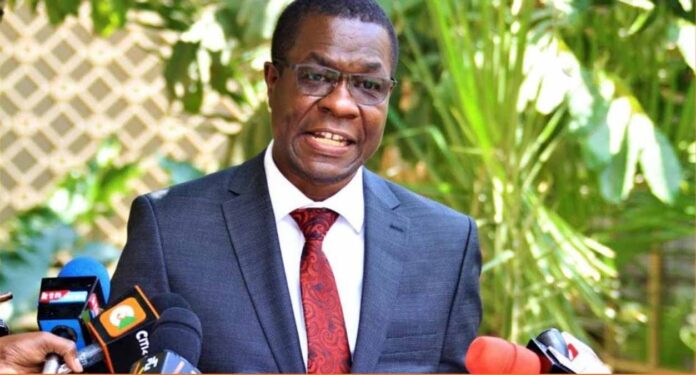The National Assembly’s Minority Leader, Opiyo Wandayi, has raised concerns about the government’s handling of Junior Secondary School (JSS), citing issues with teacher contracts and the overall quality of education provided in these institutions.
Wandayi expressed his dissatisfaction with the government’s decision to place the education of children in the hands of what he termed as “frustrated teachers” within the JSS system. He pointed out that only a limited number of teachers have been contracted to deliver the JSS curriculum, and the quality of teaching has been compromised due to the precarious employment conditions these teachers face.
Highlighting the challenges, Wandayi stated, “There are not enough teachers in JSS, and even those who are there have been engaged on contract terms. No pension and no guarantee of renewing it yet you want to entrust the future of our children to these teachers!”
According to the Minority Leader, some JSS teachers have renewed their internship contracts for the second consecutive year, receiving a stipend of Ksh17,000. Others, however, have refused to renew their contracts, demanding engagement on Permanent and Pensionable (P&P) terms.
Wandayi asserted that the confusion within the education sector and the contractual uncertainty faced by JSS teachers are indicative of poor government policies. He questioned the government’s stance on uniform requirements for JSS students and criticized what he perceived as a lack of clarity in government directives.
“The minister is saying that children can just go to JSS in the uniforms they had in primary schools! Which is the correct government policy?” wondered Wandayi.
In light of these challenges, Wandayi called on parents not to strain themselves by sending their children to distant schools where they may have been placed. He urged the community to unite and find ways to uplift local schools that may be struggling, emphasizing that even local day schools have the potential to produce quality academic results. The Minority Leader’s critique sheds light on the pressing issues faced by the JSS education system, urging a reevaluation of policies and a focus on improving conditions for both teachers and students.
